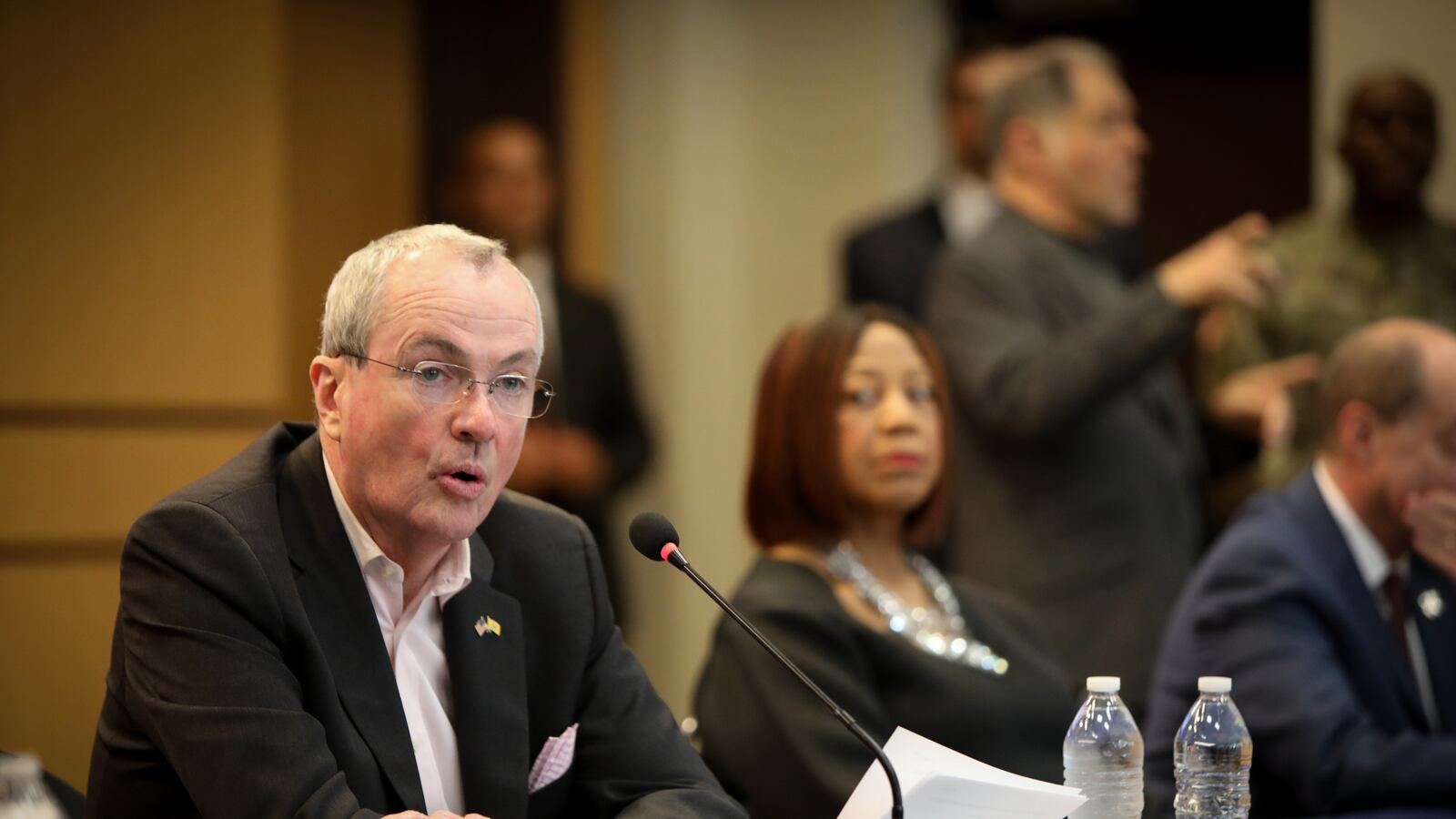Updated: Newark Public Schools will close for at least two weeks, the district said Friday evening, as New Jersey prepares to shutter schools statewide in an effort to slow the spread of the new coronavirus.
New Jersey expects to close all public schools in “a matter of days,” Gov. Phil Murphy said Friday, adding that at least 50 people statewide have tested positive for the virus.
In Newark, the state’s largest district will close its more than 60 schools and the main office through March 30, and all extracurricular activities are cancelled, the district website said. It will continue to distribute breakfast and lunch at designated schools in each ward, while the district’s roughly 36,000 students will have work packets to complete at home.
The city’s two largest charter school networks — KIPP and North Star Academy — also said Friday that they will close their schools for several weeks in order to help slow the spread of the coronavirus, which causes a respiratory illness called COVID-19. The networks, which collectively educate more than 10,000 Newark students, said no one in their schools has tested positive for the virus.
Students should remain indoors and focused on their homework assignments while schools are shuttered, Newark Mayor Ras Baraka said in a statement Saturday, adding that the city has not had any confirmed cases of the virus.
“This is not an impromptu vacation,” the mayor said. “This is an opportunity for our city to take an international health emergency seriously and to help protect our city.”
The extended school closings will pose a number of major challenges for districts and families, such as working parents needing to quickly find childcare and schools scrambling to find alternative ways to serve free meals to eligible students. Murphy said officials are making plans to address those issues and others, including how students will learn remotely when nearly 260,000 New Jersey students lack the technology to take online classes at home.
“Long-term school closures are inevitable,” Murphy said at a press conference Friday afternoon. “But we have to do it responsibly.”
As the coronavirus spreads rapidly across the country, a growing number of school districts and entire states — including Ohio, Michigan, and Louisiana — have decided to shutter their schools in a bid to reduce infections. Before New Jersey takes that step, the state wants to soften the potential economic blow to families and the educational impact on students, Murphy said.
The Centers for Disease Control and Prevention issued guidance Friday that encouraged schools to close in certain circumstances, but noted that shorter closures of two to four weeks had not clearly proven effective in limiting the coronavirus spread in other countries. Closures of eight weeks or more could be more effective, the CDC said.
In recent days, Murphy declared a state of emergency and recommended that large gatherings be cancelled in response to the coronavirus outbreak, but he has not yet ordered all schools to close. At least one person with the virus in New Jersey has died.
In parts of the state, local officials have already moved forward with school closures. Bergen County, which has faced New Jersey’s largest outbreak of the virus, decided Thursday night to close all the county’s schools, which enroll nearly 170,000 students. Jersey City, the state’s second largest district, will keep its students home next week. Newark Public Schools posted the closure announcement on its website Friday evening.
All public school districts have been ordered to create contingency plans for how they will educate students at home during mandatory closures. More than 300 districts, or roughly half the total in the state, have submitted their plans, State Education Commissioner Lamont Repollet said Friday.
If forced to close, districts must continue to distribute food to students who are eligible for free or reduced-price school meals and provide mandated special-education services to students with disabilities. About 85% of districts have come up with plans to keep serving food to students in the case of closures, Repollet said.
“We understand the significant impact that COVID-19 has on our school communities,” he said, “and we will continue to support our districts and communities as we combat the spread of the virus and strive to keep our families and our students safe.”
Another open question is how schools will educate students remotely. While some districts say they will offer online classes, it appears that students in the state’s biggest cities — including Newark and Jersey City — will make do with paper homework packets.
The use of written take-home assignments reflects the reality that many districts and charter schools do not have the infrastructure in place to offer online lessons, and many families lack the necessary technology at home. About 20% of Newark households lack smartphones or computers and a third do not have internet access, according to census data.
Devna Bose contributed reporting.

